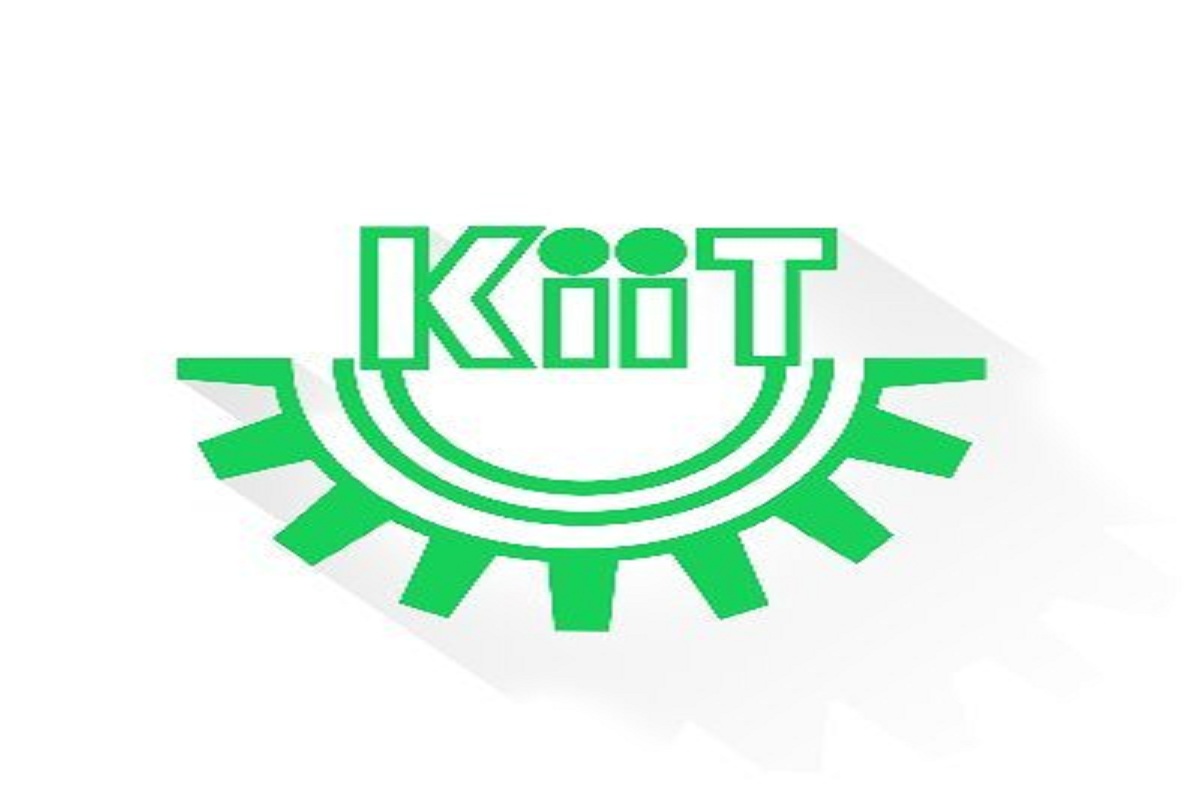The Kalinga Institute of Industrial Training (KIIT), a deemed to be a university and widely regarded as one of Odisha’s largest private higher educational institutes, has come under the purview of furnishing information under the Right To Information Act with the Odisha State Information Commission (SIC) declaring it as a public authority as per the RTI Act, 2005.
This is probably for the first time that a major private university in the State has been declared a public authority under RTI.
Advertisement
“Since the institute received significant benefits from the State government and without such benefits, it would have struggled to carry on, the institute should respond to RTI queries”, the commission ruled in a 92-page verdict.
“The commission is of the considered view that the KIIT is a public authority within the meaning of Section 2(h)(d)(ii) of the RTI Act, 2005 and is directed to furnish the required information to the appellant, as per his application in Form-A, within 30 days from the date of receipt of this order,” said State Chief Information Commissioner Sunil Kumar Misra in his judgment.
Earlier the KIIT authorities had argued that KIIT did not come under RTI Act as it was a society of private persons registered under the Societies’ Registration Act, 1860 and it was neither set up under Constitution nor was it established by an Act of Parliament or State Assembly.









